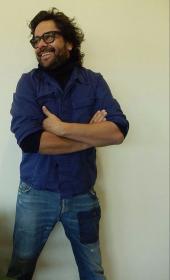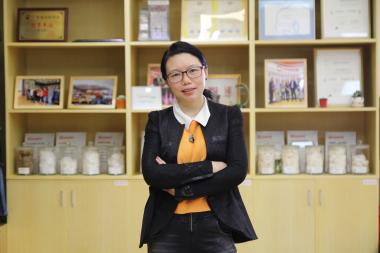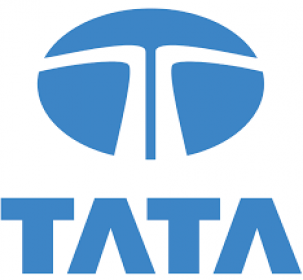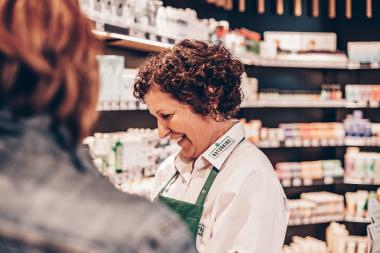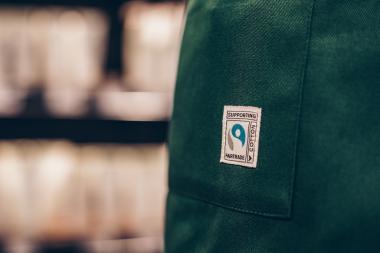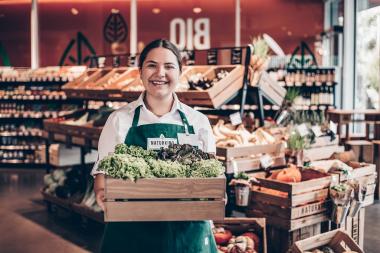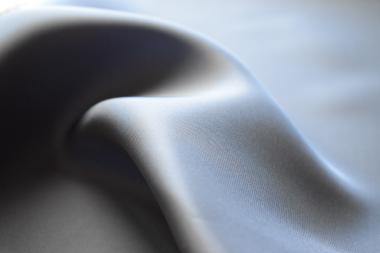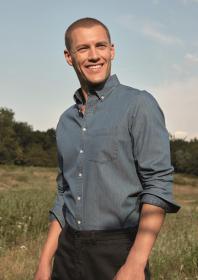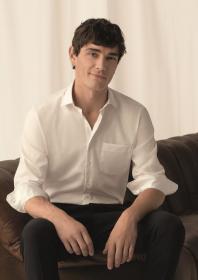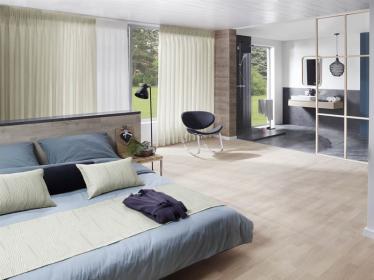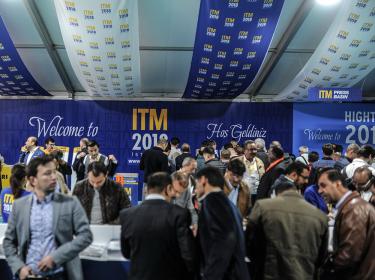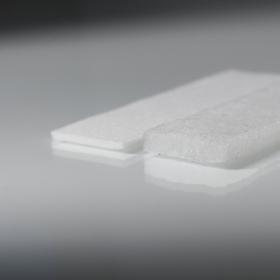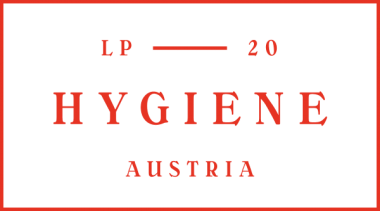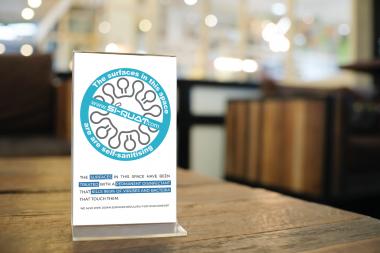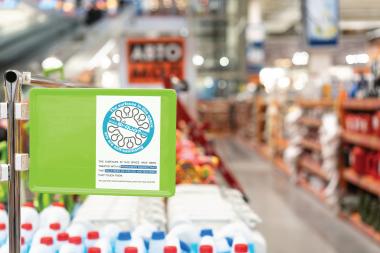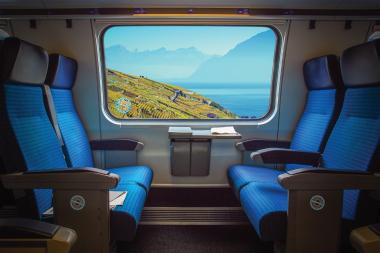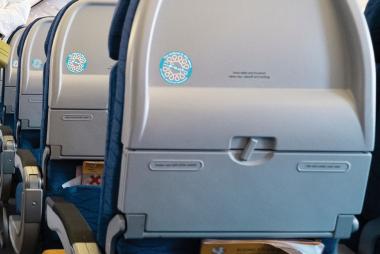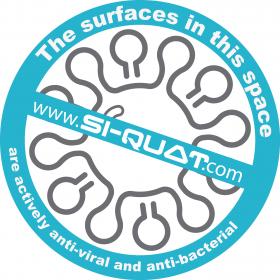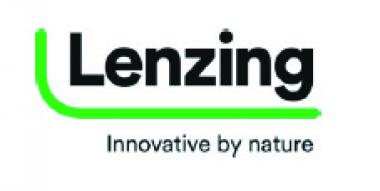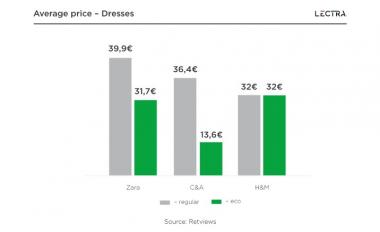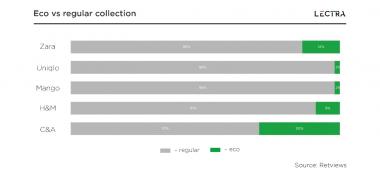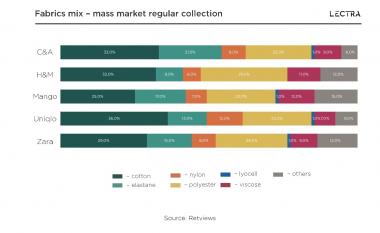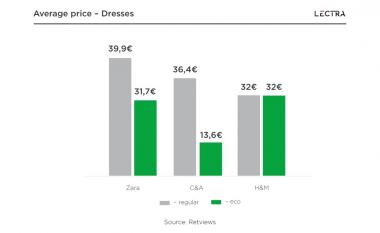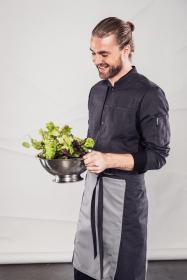stilwerk Hotel Heimhude, Hamburg – lässiger Luxus in Farbe
- Im schönen Hamburger Stadtviertel Pöseldorf, zwischen Alster und Dammtor, liegt das neue stilwerk Hotel Heimhude.
Die über 150 Jahre alte malerische Jugendstilvilla bezaubert mit ihrem zeitlos modernen Charme. Auf vier Stockwerke verteilen sich 24 Zimmer, ein Gym, eine Bibliothek, eine Lounge sowie ein Garten, in dem die Gäste entspannen und die Hektik des Alltags vergessen können. Bei der Einrichtung setzt das Team um Inhaber Alexander Grabe auf hochwertige Inneneinrichtung und handgefertigte Manufakturqualität, die dem ganzen Gebäude einen authentischen, entspannt luxuriösen Charakter verleihen.
Passend zur Möblierung wählte das Heimhude-Team für die Wandgestaltung die Luxus-Innenfarbenlinie von CAPAROL ICONS: „Die Farbauswahl der CAPAROL ICONS Kollektion ist modern, elegant und charakterstark – genau wie unsere 150 Jahre alte ‚Grande Dame in Sneakers’, deren Jugendstil-Flair wir dank der passenden Farbtöne in die Jetztzeit übersetzen konnten. Die verwendeten Wandfarben geben den Räumen ihre jeweilige Identität und Atmosphäre. Sie schaffen interessante Kontraste zu historischen Stuck-Details und erlesenen Interior-Pieces aus dem stilwerk Kosmos“, so Alexander Grabe. Die sogenannten „Ikonen“ – so werden die 120 verschiedenen Nuancen von CAPAROL ICONS genannt – sind mit großer Sorgfalt in die Planung der einzelnen Zimmer eingeflossen. Insgesamt neun verwendete Farben und Lacke aus der CAPAROL ICONS Kollektion gestalten die Raumatmosphäre in dem historischen Gebäude maßgeblich mit: das Spektrum zieht sich von einem ruhigen Grün über neutrale Nuancen wie Weiß, Grau und Schwarz bis hin zu einem lichten Nude. Für alle Bäder der Gästezimmer wurde als Wand- und Deckenfarbe NO 87 LOUNGE MIX – ein heller Bambus-Ton – gewählt. Auch im Eingang, den Fluren, dem Treppenhaus, der Küche und dem Kofferraum wurden Wand und Decke in einer „Ikone“ gestrichen. NO 22 BOOMBOX, ein urbanes Lichtgrau, kreiert einen Industrial Chic-Look. Weitere Farben verteilen sich über die restlichen Zimmer, Sockel sowie Türrahmen. Im stilwerk Hotel Heimhude wird exemplarisch gezeigt, dass sich die Farben von CAPAROL ICONS problemlos einem so individuellen innenarchitektonischem Konzept anpassen und eine harmonische Raumwirkung erzeugen.
Farben, die im stilwerk Hotel Heimhude zum Einsatz kommen: NO 3 CLOUDS OF CALIFORNIA, NO 10 TRIBUTE TO VINYL, NO 22 BOOMBOX, NO 32 NUDE, NO 62 STONEWASHED, NO 70 TRIPPY, NO 75 BALLOON DOG, NO 82 TREEHUGGER, NO 87 LOUNGE MIX







